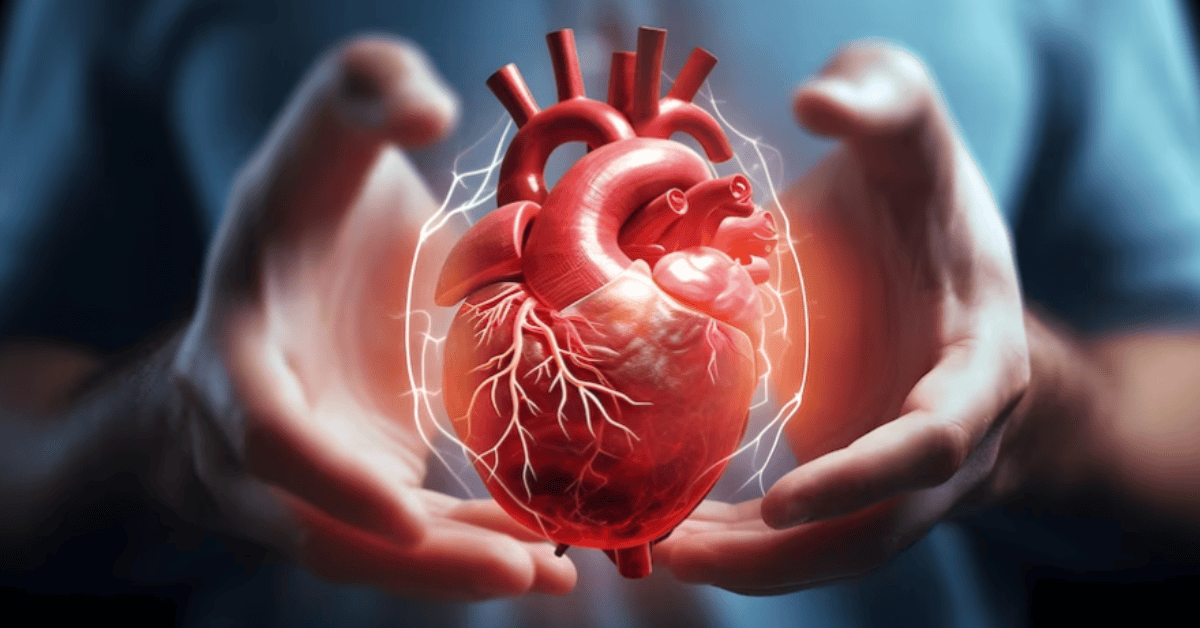The International Day for Interventional Cardiology is celebrated globally on September 16 each year, dedicated to raising awareness about cardiovascular diseases (CVDs) and the innovative procedures within interventional cardiology. Marking its second observation in 2024, this day emphasizes the importance of education and preventive strategies in combating heart disease.
Understanding Interventional Cardiology
- Interventional Cardiology is a specialized field focusing on minimally invasive, catheter-based techniques to diagnose and treat CVDs. These techniques often lead to shorter recovery times and fewer complications compared to traditional open-heart surgery.
- Common Procedures:
- Angioplasty
- Stenting
- Valve repairs
- Conditions Treated:
- Coronary Artery Disease (CAD)
- Structural heart problems
- Peripheral vascular disease (PVD)
Click Here: 7 Must-Know Walkie-Talkie Facts
Significance of the Day
- Awareness and Education:
- The day serves to promote strategies for heart disease prevention through various channels, including education and mass media.
- Celebration of Advancements:
- It highlights the significant advancements in interventional cardiology that have transformed heart care and improved patient outcomes globally.
Historical Background
- On September 2, 2022, the UN General Assembly adopted resolution A/RES/76/302, declaring September 16 as the International Day for Interventional Cardiology.
- The inaugural celebration took place on September 16, 2023, inviting the World Health Organization (WHO) to assist in the day’s implementation.
Why September 16?
- This date commemorates the pioneering work of Dr. Andreas Roland Grüntzig, who performed the first coronary angioplasty in 1977 at the University Hospital Zürich. His development of Percutaneous Transluminal Coronary Angioplasty (PTCA) has been revolutionary in treating coronary artery disease.
Key Facts About Cardiovascular Diseases

- According to the WHO, non-communicable diseases (NCDs) such as heart disease account for nearly 70% of global deaths.
- CVDs are the leading cause of death worldwide, responsible for 17.9 million deaths in 2019, or 32% of all global deaths.
- Low- and middle-income countries (LMICs) experience over 75% of CVD-related deaths.
- The WHO’s Global Action Plan for the Prevention and Control of NCDs aims to reduce premature deaths from NCDs by 25% by 2025.
Addressing Risk Factors and Management
- Effective management of CVDs requires addressing behavioral and environmental risk factors, which include:
- Tobacco use
- Poor diet and obesity
- Physical inactivity
- Harmful alcohol consumption
- Universal Health Coverage (UHC) should encompass CVD management interventions, necessitating investment in healthcare systems to effectively combat these diseases.
Conclusion
The International Day for Interventional Cardiology on September 16 serves as a powerful reminder of the ongoing battle against cardiovascular diseases. By promoting awareness and celebrating advancements in interventional cardiology, we can strive to improve heart health outcomes worldwide. Join us in recognizing this important day and supporting efforts to educate others about the significance of heart care.
Click Here: 11 Incredible Health Benefits of Raisins
FAQs
What is an interventional cardiologist?
An interventional cardiologist is a specialized doctor who diagnoses and treats cardiovascular diseases through minimally invasive procedures, often using catheters, to address issues like blocked arteries, heart valve problems, and other heart-related conditions.
Who is the best interventional cardiologist in India?
India is home to many renowned interventional cardiologists, including Dr. Ashok Seth, Dr. Tejas Patel, and Dr. Ramakanta Panda, who are recognized for their contributions and expertise in the field. The “best” can vary depending on specific cases and patient needs.
What are the new innovations in interventional cardiology?
Recent innovations include bioresorbable stents, transcatheter heart valve procedures (TAVR), robotic-assisted interventions, and newer imaging techniques like intravascular ultrasound (IVUS) and optical coherence tomography (OCT) to guide precision treatments.
Is interventional cardiology the same as cardiology?
No, interventional cardiology is a subspecialty of cardiology. While general cardiologists focus on diagnosing and managing heart diseases through medication and lifestyle changes, interventional cardiologists use catheter-based techniques to treat structural heart issues.
Who is the father of interventional cardiology?
Dr. Andreas Gruentzig is considered the father of interventional cardiology. He performed the first successful coronary angioplasty in 1977.
Who is the father of PCI?
Dr. Andreas Gruentzig is also known as the father of Percutaneous Coronary Intervention (PCI), as he pioneered the procedure.
Is interventional cardiology the future?
Interventional cardiology is indeed considered the future due to its less invasive nature, quicker recovery times, and continued advancements in technology, making treatments more effective and accessible.
What is the most common procedure for interventional cardiology?
The most common procedure is Percutaneous Coronary Intervention (PCI), also known as angioplasty, which involves the use of stents to open blocked coronary arteries.
Why is interventional cardiology important?
Interventional cardiology is important because it offers life-saving, minimally invasive treatments for heart conditions, reduces recovery time, and improves the quality of life for patients with cardiovascular diseases.
What is the difference between a cardiologist and an interventional cardiologist?
A general cardiologist diagnoses and manages heart diseases with medication and lifestyle modifications, while an interventional cardiologist performs catheter-based procedures like stent placement and angioplasty to treat cardiovascular conditions.
What is the difference between preventive cardiology and interventional cardiology?
Preventive cardiology focuses on preventing heart disease through risk factor management (like diet, exercise, and medication), whereas interventional cardiology involves using medical procedures to treat existing cardiovascular issues.
What is the most common procedure performed by interventional cardiologists?
The most common procedure performed by interventional cardiologists is angioplasty with stent placement, used to open blocked arteries in the heart.
What is the difference between diagnostic and interventional cardiology?
Diagnostic cardiology focuses on identifying heart conditions using tests like ECGs, echocardiograms, and stress tests. Interventional cardiology goes beyond diagnosis to treat conditions using procedures like angioplasty and valve repair through minimally invasive techniques.

